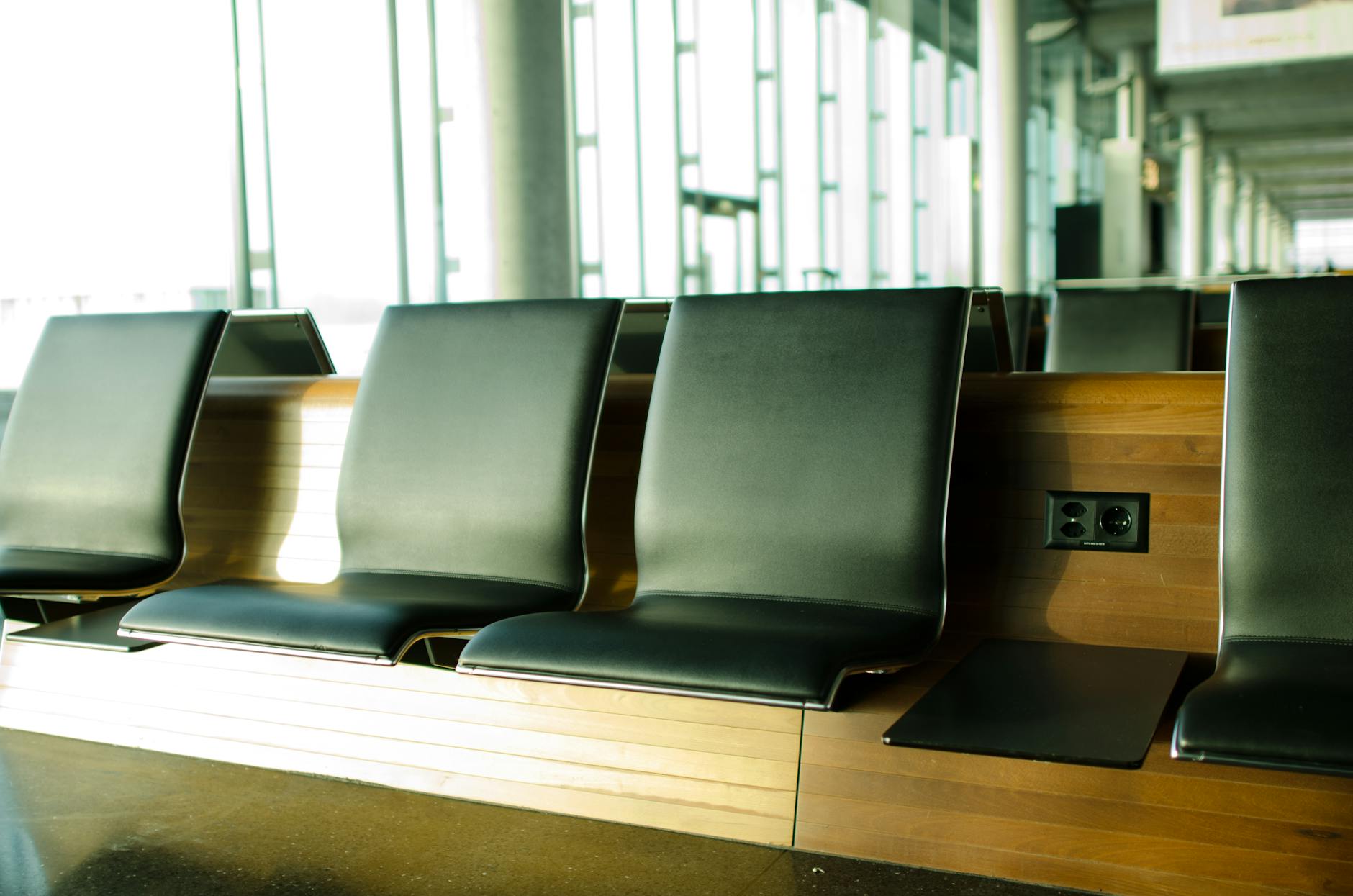How to Experience Australia While Preserving Its Natural Beauty

Planning Eco-Friendly Trips
Embarking on eco-friendly travel involves meticulous planning, ensuring your adventures align with both your environmental ethos and your personal enjoyment. From my perspective, the starting point is to research and select sustainable destinations known for their commitment to conservation. For example, South Africa tours offer itineraries that focus on wildlife preservation and involvement with local communities. In Brisbane, this approach is echoed by the Queensland Museum's environmental exhibits, advocating for informed choices that celebrate and protect biodiversity.
Aligning your travels with broader conservation objectives is another crucial element. Seek out travel operators who explicitly integrate sustainability in their practices, from resource management to energy use. These operators are typically transparent about their efforts in contributing positively to local ecosystems, much like the eco-cruises along the Brisbane River that prioritize low-impact interactions with nature.
Minimizing your ecological footprint is also key when planning an eco-conscious trip. Consider factors such as accommodations that utilize renewable energy and implement waste reduction measures. You can draw inspiration from the native flora gardens in Roma Street Parkland, where sustainable landscaping highlights the possibility of balancing beauty with eco-responsibility. By planning thoughtfully, you not only enhance your travel experience but also support the places and people that enrich our planet.
Wildlife-Friendly Activities
Ethical Wildlife Tours
Exploring wildlife while being sensitive to the environment is vital. Choosing eco-friendly activities, such as Antarctica cruises, ensures minimal impact on delicate ecosystems. Carefully select operators that prioritize animal welfare by avoiding exploitative practices. These tours should focus on educating participants about the region's biodiversity and the importance of conservation. When in Brisbane, consider learning more at the Queensland Museum's environmental exhibits, which provide insights into global conservation efforts.
Supporting Local Conservation Efforts
Contributing to local conservation initiatives is a meaningful way to engage with wildlife responsibly. This can involve participating in volunteer programs or choosing tours that allocate a portion of their fees to conservation projects. Look for options that actively support habitat restoration, species protection, and community education. By making informed choices, you directly contribute to the preservation of these natural wonders.
Avoiding Disturbance to Habitats
Minimizing disturbances to natural habitats is crucial when engaging in wildlife activities. Stay on designated paths, avoid loud noises, and keep a respectful distance from animals. Observing these guidelines not only protects wildlife but also enhances your experience. As someone who values sustainability, these practices align with the environmental ethics shared at the Roma Street Parkland's native flora gardens, fostering an appreciation for Australia's unique biodiversity.
Sustainable Transportation Options
Low-Impact Travel Choices
When planning south american tours, prioritizing low-impact travel choices can significantly contribute to ecological preservation. Opt for airlines prioritizing fuel efficiency and carbon offset programs, and always look for direct flights. A high-frequency choice boosts your travel experience while reducing carbon emissions. Once you've arrived, select environmentally friendly transportation methods like bicycles or electric vehicles, both of which can seamlessly combine exploration with eco-responsibility. For example, in Brisbane, eco-cruises along the Brisbane River represent an ideal method to witness the blend of tourism and sustainable practice.
Carbon Offset Initiatives
Participating in carbon offset initiatives is another excellent way to neutralize your travel's environmental impact. Many platforms calculate your carbon footprint and allow you to invest in projects like reforestation or renewable energy. These schemes can empower you to make a tangible difference by supporting global conservation projects while enjoying your travels without guilt. Additionally, companies like your cable car operator or bus service often collaborate with organizations to promote sustainable energy projects, thus supporting your carbon-conscious lifestyle.
Promoting Public and Shared Transport
To further lessen environmental impact, embrace public and shared transportation whenever possible. Trains and buses are both efficient and sustainable, lowering individual carbon emissions. Carpooling and ride-sharing options are also innovative ways to travel responsibly. They not only reduce emissions but also cut down traffic congestion, offering you the chance to foster connections with locals just as you might enjoy Brisbane’s native flora gardens in the Roma Street Parkland while engaging in eco-friendly activities.
Respecting Indigenous Cultures
Engaging with Indigenous Guides
Engaging with Indigenous guides during your South America tours offers an opportunity to deepen your cultural understanding while respecting age-old traditions. I’ve found that Indigenous guides provide a unique viewpoint on both the natural and cultural landscapes of their homelands. Their knowledge contributes to a more meaningful experience, reflecting the intrinsic connection between the land and its people. Indigenous guides often share stories and insights about the regions you explore, enhancing your awareness of both the ecological and cultural significance of the area.
Supporting Indigenous Enterprises
Supporting Indigenous enterprises ensures that local communities directly benefit from tourism. Whether it's purchasing handcrafted goods or dining at locally-run restaurants, your choices can contribute to the economic sustainability of these communities. Numerous Indigenous enterprises focus on eco-friendly practices, allowing you to enjoy authentic experiences while helping promote cultural preservation. By choosing to spend your money in this way, you foster economic growth that aligns with community values and practices.
Learning Local Ecological Practices
Learning local ecological practices not only broadens your understanding but also encourages a sustainable lifestyle that you can implement back home. Indigenous communities often have traditional ecological knowledge that is invaluable in today's efforts for conservation. From understanding the significance of specific native plants to traditional land management techniques, these lessons are instrumental in crafting more sustainable interactions with the natural world. Embracing these practices supports a holistic approach to living sustainably and appreciating the rich cultural tapestry that these communities offer.
Essential Eco-Friendly Practices
Minimizing Waste and Enhancing Recycling
From the vibrant community markets in West End to the serene green spaces of the Roma Street Parkland's native flora gardens, Brisbane offers countless opportunities to embrace environmentally friendly practices. Carry a reusable water bottle and shopping bag during your adventures, minimizing single-use plastics. Many local cafes offer discounts when you bring your own coffee cup—a small action that significantly reduces waste. When it comes to recycling, pay attention to the concessions at the Queensland Museum's environmental exhibits, where you'll learn about separating recyclables. These steps, while simple, make a substantial impact on preserving our cherished environment.
Championing Local Sustainability Initiatives
Supporting local sustainability initiatives not only reduces your carbon footprint but also fortifies the community. Look for locally sourced meals at restaurants and cafes or participate in eco-friendly projects, such as planting days or beach clean-ups, often hosted by community groups. Engaging with sustainable businesses, such as eco-cruises along the Brisbane River, further enhances eco-tourism efforts. By supporting local, you contribute to a thriving ecosystem, both economically and environmentally.
Promoting Awareness of Sustainable Travel
Sharing knowledge is powerful. As you explore Brisbane's diverse offerings, communicate your sustainable practices to fellow travellers. Whether on social media or through conversations, highlight experiences like engaging with Indigenous guides who provide insights into traditional practices. Use these platforms to discuss the significance of sustainable brands, thereby inspiring others to embrace similar initiatives. The ripple effect of spreading awareness ensures our environment thrives for generations.


